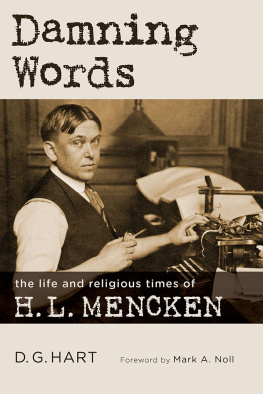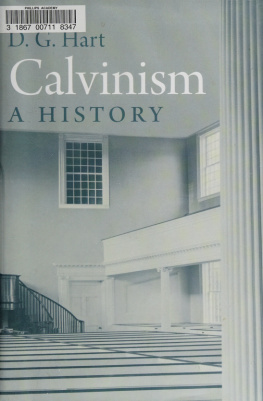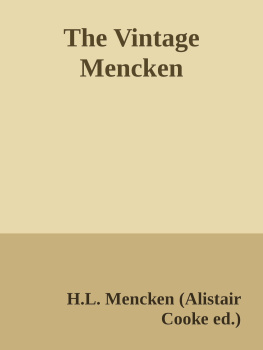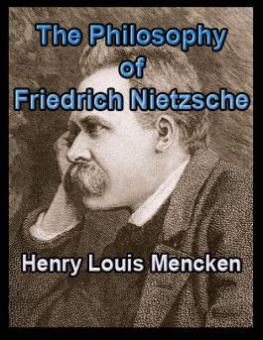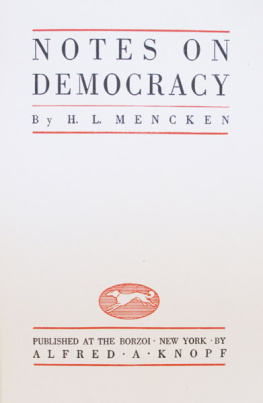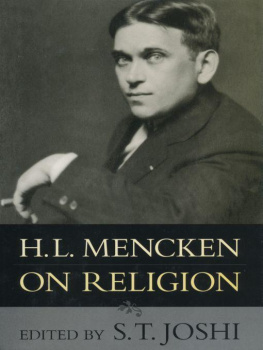LIBRARY OF RELIGIOUS BIOGRAPHY
Edited by Mark A. Noll and Heath W. Carter
The LIBRARY OF RELIGIOUS BIOGRAPHY is a series of original biographies on important religious figures throughout American and British history.
The authors are well-known historians, each a recognized authority in the period of religious history in which his or her subject lived and worked. Grounded in solid research of both published and archival sources, these volumes link the lives of their subjects not always thought of as religious persons to the broader cultural contexts and religious issues that surrounded them. Each volume includes a bibliographical essay and an index to serve the needs of students, teachers, and researchers.
Marked by careful scholarship yet free of footnotes and academic jargon, the books in this series are well-written narratives meant to be read and enjoyed as well as studied.
LIBRARY OF RELIGIOUS BIOGRAPHY
William Ewart Gladstone: Faith and Politics in Victorian Britain
David Bebbington
Aimee Semple McPherson: Everybodys Sister
Edith L. Blumhofer
Her Heart Can See: The Life and Hymns of Fanny J. Crosby
Edith L. Blumhofer
Abraham Kuyper: Modern Calvinist, Christian Democrat
James D. Bratt
Orestes A. Brownson: American Religious Weathervane
Patrick W. Carey
Thomas Merton and the Monastic Vision
Lawrence S. Cunningham
Billy Sunday and the Redemption of Urban America
Lyle W. Dorsett
The Kingdom Is Always but Coming: A Life of Walter Rauschenbusch
Christopher H. Evans
Liberty of Conscience: Roger Williams in America
Edwin S. Gaustad
Sworn on the Altar of God: A Religious Biography of Thomas Jefferson
Edwin S. Gaustad
Abraham Lincoln: Redeemer President
Allen C. Guelzo
Charles G. Finney and the Spirit of American Evangelicalism
Charles E. Hambrick-Stowe
Francis Schaeffer and the Shaping of Evangelical America
Barry Hankins
Damning Words: The Life and Religious Times of H. L. Mencken
D. G. Hart
The First American Evangelical: A Short Life of Cotton Mather
Rick Kennedy
Harriet Beecher Stowe: A Spiritual Life
Nancy Koester
Emily Dickinson and the Art of Belief
Roger Lundin
A Short Life of Jonathan Edwards
George M. Marsden
The Puritan as Yankee: A Life of Horace Bushnell
Robert Bruce Mullin
Prophetess of Health: A Study of Ellen G. White
Ronald L. Numbers
Blaise Pascal: Reasons of the Heart
Marvin R. OConnell
Occupy Until I Come: A. T. Pierson and the Evangelization of the World
Dana L. Robert
Gods Strange Work: William Miller and the End of the World
David L. Rowe
The Divine Dramatist: George Whitefield and the Rise of Modern Evangelicalism
Harry S. Stout
Assist Me to Proclaim: The Life and Hymns of Charles Wesley
John R. Tyson
Damning Words
The Life and Religious Times of H. L. Mencken
D. G. Hart
WILLIAM B. EERDMANS PUBLISHING COMPANY
GRAND RAPIDS, MICHIGAN
Wm. B. Eerdmans Publishing Co.
2140 Oak Industrial Drive N.E., Grand Rapids, Michigan 49505
www.eerdmans.com
2016 D. G. Hart
All rights reserved
Published 2016
22 21 20 19 18 17 161 2 3 4 5 6 7
ISBN 978-0-8028-7344-6
eISBN 978-1-4674-4611-2
Library of Congress Cataloging-in-Publication Data
Names: Hart, D. G. (Darryl G.), author.
Title: Damning words : the life and religious times of H. L. Mencken / D. G. Hart.
Description: Grand Rapids, Michigan : Wm. B. Eerdmans Publishing, Co., [2016] | Series: Library of religious biography | Includes bibliographical references and index.
Identifiers: LCCN 2016024767 | ISBN 9780802873446
Subjects: LCSH: Mencken, H. L. (Henry Louis), 18801956. | Mencken, H. L. (Henry Louis), 18801956Religion. | Authors, American20th centuryBiography. | JournalistsUnited StatesBiography. | EditorsUnited StatesBiography.
Classification: LCC PS3525.E43 Z5823 2016 | DDC 818/.5209 [B]dc23
LC record available at https://lccn.loc.gov/2016024767
To Annie,
my Baltimore bambina
Contents
Whatever in the world could lead the Wm. B. Eerdmans Publishing Company, a firm with a well-deserved reputation for its serious Christian books, to sponsor a volume on H. L. Mencken in a series of religious biographies? And whatever could have led Darryl Hart, himself the author of several worthy books patiently explaining the virtues of historical Calvinism, to think that any one at all could be interested in a religious biography of H. L. Mencken?
If a few knowledgeable academics might still remember Mencken as a major literary critic of the early twentieth century or a diligent student of the English language as spoken in North America, he is known to even more for his assaults on the Christian faith. My own history of engagement with Mencken might be representative. During the many occasions I taught courses on early-modern British history or early American history and paused in the effort to define Puritanism, it would usually get at least a chuckle to quote something that H. L. Mencken published, as it happens, in 1917: Puritanism is the haunting fear that someone, somewhere, may be happy. Im pretty sure I also knew of his pithy put-down from 1949, though do not remember using it in class (Show me a Puritan and Ill show you a son-of-a-bitch).
More commonly known is Menckens evisceration of William Jennings Bryan and those who stood with Bryan in the evolution trial of John T. Scopes in 1925 at Dayton, Tennessee. The trial, which took place in the South--to Mencken the Sahara of the Bozart--allowed the journalist to depict the aging politician in the worst possible light: a tinpot pope in the coca-cola belt and a brother to the forlorn pastors who belabor half-wits in galvanized iron tabernacles behind the railroad yards. When Bryan died only a few days after the end of this trial, Menckens column spread on the vitriol so thickly that it was censored by his usually indulgent editors at the Baltimore Sun.
Mencken, to be sure, remains eminently quotable, but also implacably antagonistic to anything that might reflect favorably on Christian faith.
As Darryl Hart is not afraid to document, the picture might seem only to get worse from finding out more about Menckens opinions. Although renowned as a journalist, author, lexicographer, literary scholar, and master wordsmith, Mencken troubled some of his contemporaries with his enthusiasm for the pessimistic nihilism of Friedrich Nietzsche. He bothered even more with his belittling of democracy and his willingness to write critically about George Washington and Abraham Lincoln. After Menckens private papers were published some years after his death, it turns out that he also shared the antisemitism that was then common among a certain set of sophisticated Anglo Americans, but that has become so widely condemned in our own.
A religious biography of this guy? Come on, Darryl! Come on, Eerdmans!
Attentive readers of this book will want to think again. Hart does not pretend that the Baltimore journalist-critic-writer with capacious intellectual curiosity was some kind of a crypto-Christian or saint-out-of-doors. Nor does he think that Mencken contributed directly or positively to strengthening Christian beliefs or practices.
He does, however, make a convincing case that close attention to this flamboyantly anti-religious figure pays significant dividends for those who do take the faith seriously. For one, Mencken had no time for the standard civil religion in which American ideals and Christian virtues are mushed together in a romantic longing for this-worldly social harmony. Mencken held that such visionary idealism blinded observers to the many serious flaws, injustices, and inanities that American civilization, like all civilizations, was rife. It is a sentiment that believers might also take to heart, especially because it comes close to the emphases of Christian realism in an Augustinian perspective.

